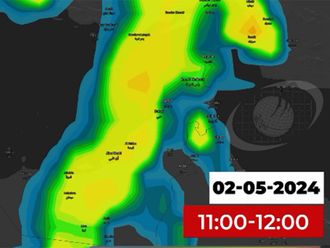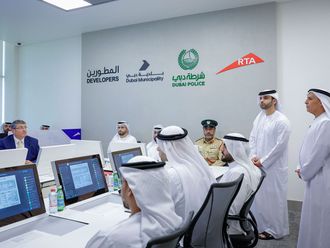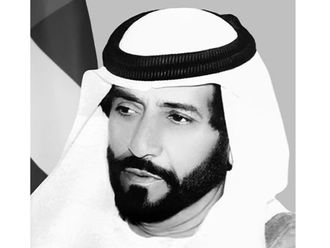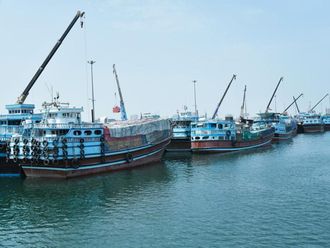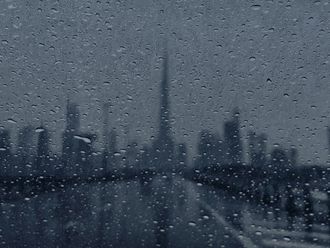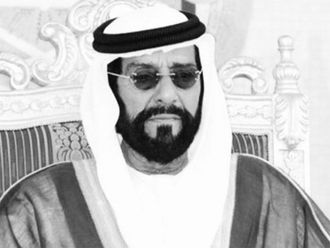Abu Dhabi: A fourth round of UN Security Council sanctions on Iran may not reduce the threat to maritime security in the Gulf, a maritime security consultant said on Tuesday.
"I don't think sanctions had a great history of being effective," Paul Burke, managing director, Middle East Security Ltd., UK, said in a lecture at the Emirates Centre for Strategic Studies and Research.
He added there were concerns that these sanctions hit the Iranian people and not the regime.
"Sanctions sought by the US should not affect the Iranian population. Sanctions or so-called smart sanctions should target the regime. But I don't think you have such a thing. You can try and you can achieve some success."
The fourth round of sanctions would ban Iran from pursuing any activity related to ballistic missiles capable of delivering nuclear weapons, bar Iranian investment in activities such as uranium mining, and prohibit Iran from buying several categories of heavy weapons including attack helicopters and missiles.
Burke, a former intelligence officer with a career spanning 25 years, suggested greater cooperation among GCC countries, confidence building with neighbours and better intelligence are vital to mitigate threats to the maritime sector in the Arabian Gulf.
"The maritime sector in the Arabian Gulf is vital to the economic security of the UAE, yet it remains a stated target of terrorist attack," he said.
Around 85 per cent of the Middle East's total oil exports (around 17 million barrels per day) pass through the Strait of Hormuz.
Vast domain
Burke stressed the vast size and scale of the maritime domain makes it difficult to secure and to police.
"The world's maritime industry carries the bulk of intercontinental trade, estimated at around 90 per cent of the volume and 85 per cent of the value. The threat spectrum is wide and continues to increase. Small suicide boats have proved to be devastatingly effective against hardened naval targets such as warships."
He said the terrorist attack against the USS Cole killed 17 US sailors, injured 39 others with the cost to repair the damaged warship reaching $250 million (Dh918 million) to repair while Al Qaida allegedly spent only $40,000 to carry out the mission.






